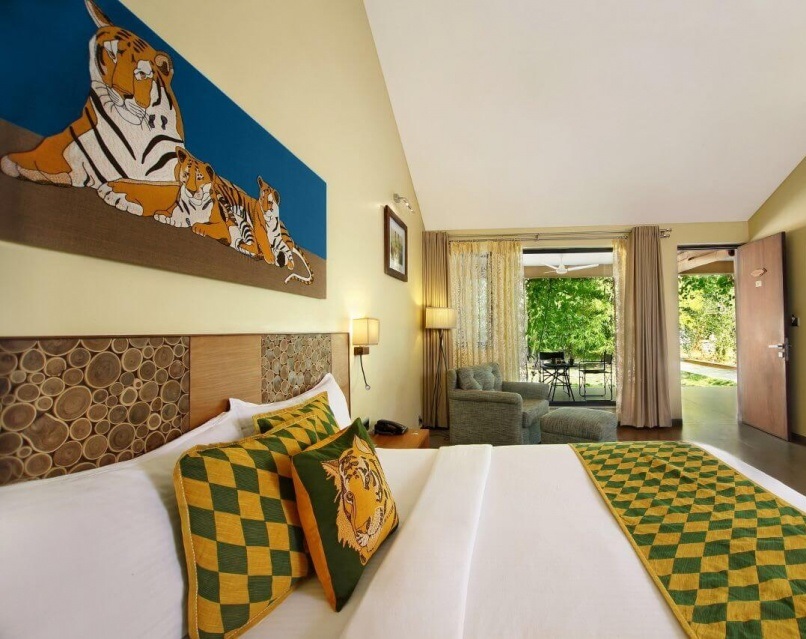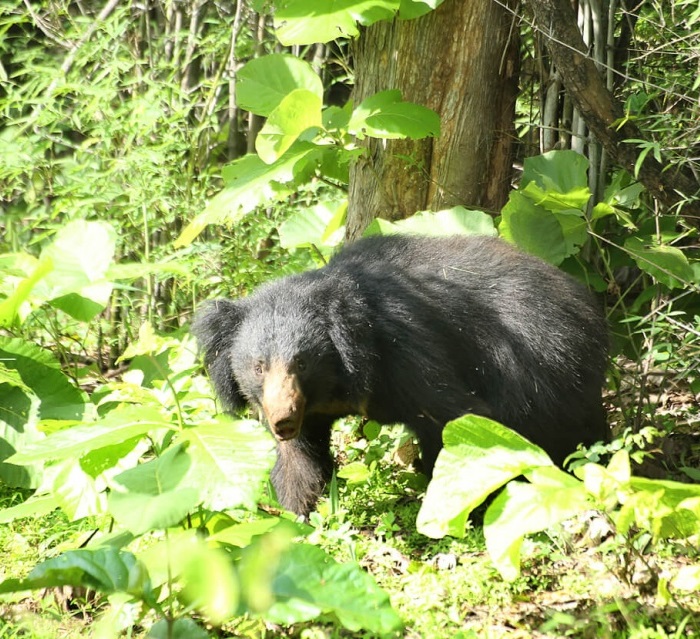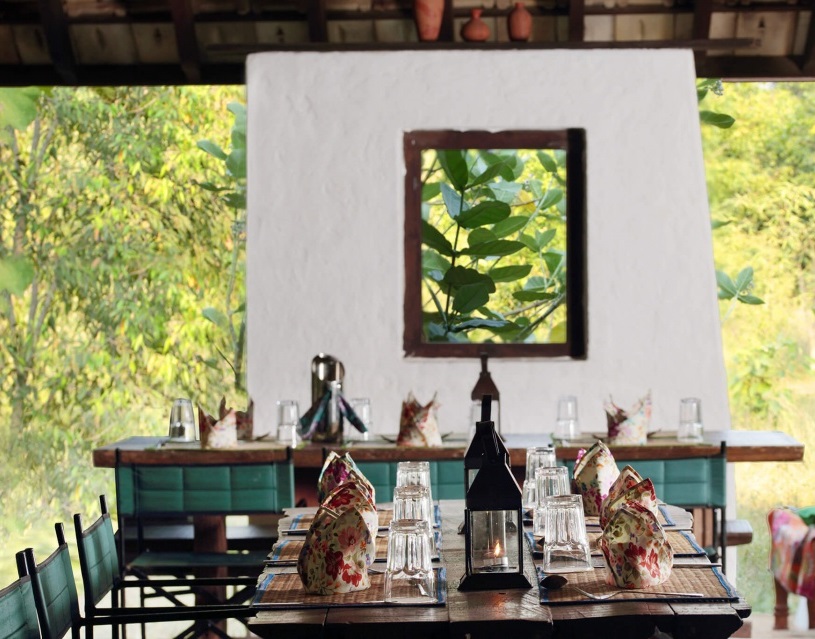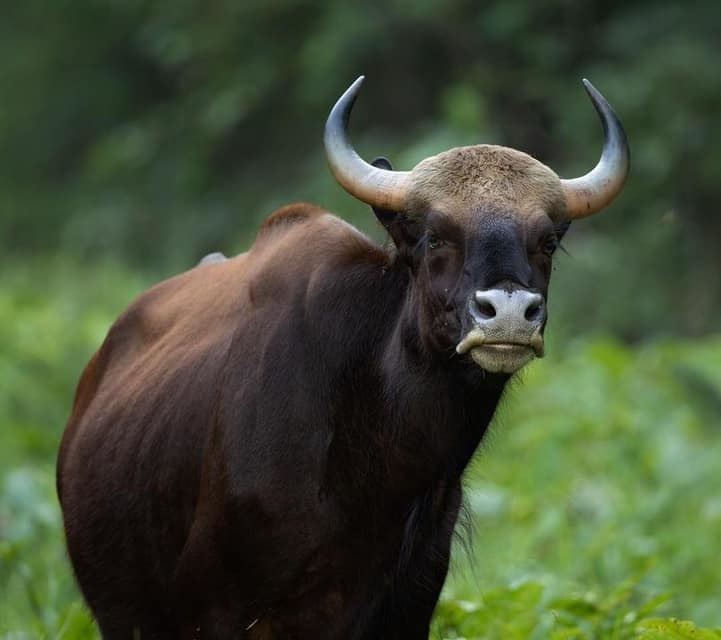Conservation Project
Eco-Lodge
Kolara Gate, Tadoba-Andhari Tiger Reserve, India
20.396997, 79.362371





The conservation-focused Svasara Jungle Lodge is a 9 acre property located on the north-eastern periphery of Tadoba-Andhari Tiger Reserve (Maharashtra), India. ‘Svasara’, true to its Sanskrit name meaning a nest is a place of comfort that exists in harmony with nature. The eco-lodge holds an “Outstanding Pug” certification from Travel Operators for Tigers (TOFT) and is committed to reforestation (biodiversity conservation) and working with the local community.
The destination Tadoba boasts a rich biodiversity and is best known today for its tigers. However, the tigers of Tadoba remain under severe pressures. The biggest threat being loss of habitat. Svasara, hence took a land devastated by intensive farming and overgrazing, to bring back to it a sanctuary of indigenous trees and plants. The rewilding journey over the last 11 years has included the conscious selection and plantation of over 3000 native trees (Teak, Crocodile-Bark, Arjun, Indian Banyan etc.), rewarding us with the return of the original inhabitants of the land. We are especially fascinated and proud with our butterfly conservation efforts. Our records have shown that now we have spotted about 100 unique species in the camp which is about the same number of recorded species in Tadoba!
At Svasara, one experiences uniquely designed outdoor guest areas in natural settings, while the safari-chic rooms are aesthetically appointed to celebrate the local art and culture, using the natural materials available, e.g. bamboo for light fittings. Our sustainability design efforts also include striving to use reclaimed and repurposed materials as much as possible for design accents, e.g. our lounge counter is made with old windows sourced from scrap dealers; our al fresco dining building has used 100% of its wood and roofing tiles reclaimed from dismantled buildings.
Conservation & Community Highlights:
- Biodiversity conservation: plantation of indigenous trees, maintaining a nursery of forest trees, a native tree trail for guests to walk around to learn about the common trees of Tadoba
- Butterfly conservation: research, knowledge-sharing, photography, and observations
- Local hiring and procurement: to support employment opportunities, neighbouring farmers, vendors etc.
- Organic farming: to meet our fresh and seasonal produce requirements
- Authentic tourism: aesthetics inspired from the destination, e.g. all rooms are themed after different habitats in the reserve
Future Aims:
- Establish a first-response medical system with the aim to handle medical emergencies arising out of human-animal conflict or rescue operations
- Human-Animal Conflict mitigation measures
- Centralised waste management for villages / tourism infrastructure (recycling centre, organic composting etc.)
- Establish a Naturalist Academy - raising young conservationists from the local community / conservation education/ workshops / biodiversity surveys / new habitat explorations / Interpretation Center
- Alternative livelihood for local community [Background Note: The Covid-19 Pandemic brought to the forefront, a realization that although the rural economy might have benefitted through tourism previously, there is a need to embrace responsibility for furthering the diversity in local livelihood options, such that it is not solely dependent on visitors. Ideas to be discussed further: dairy cooperative, cow dung – handmade paper, more efficient agriculture systems, organic farming, crafts, food-based options (e.g. pickling, spices, local savories etc.)]